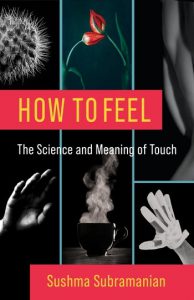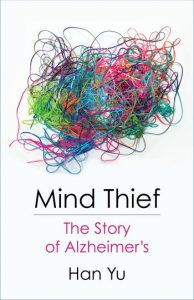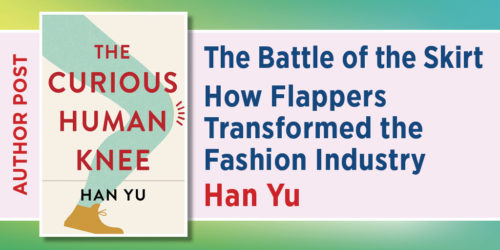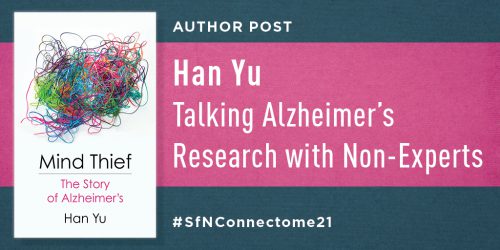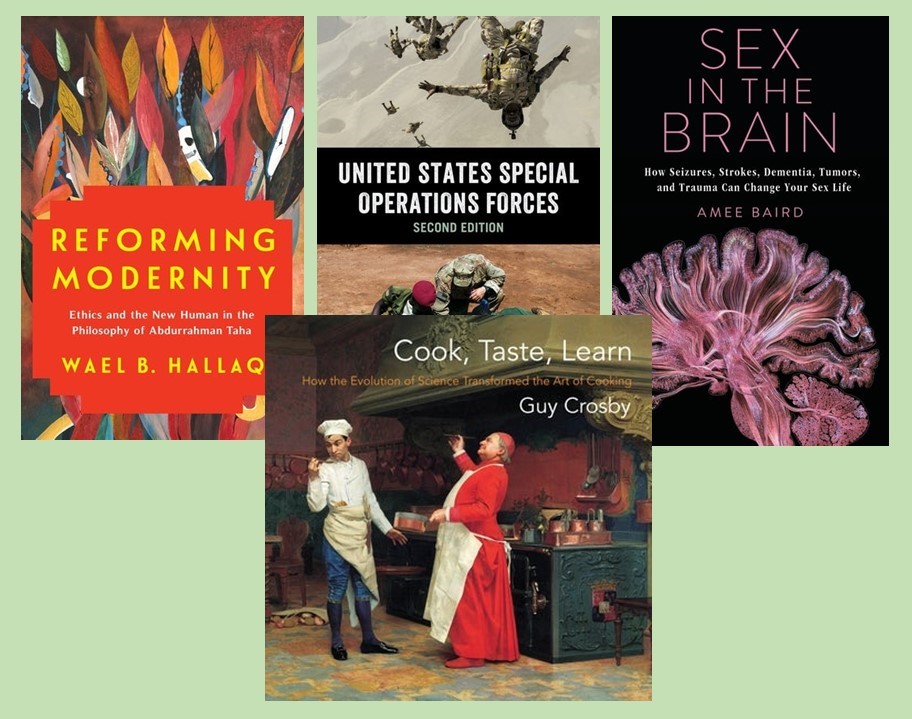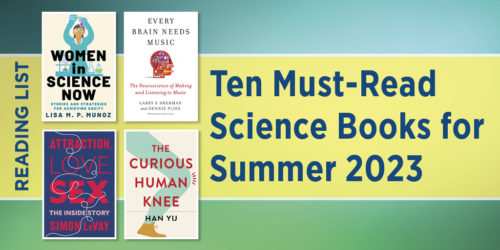Browse Our SfN Virtual Book Exhibit with Miranda Martin
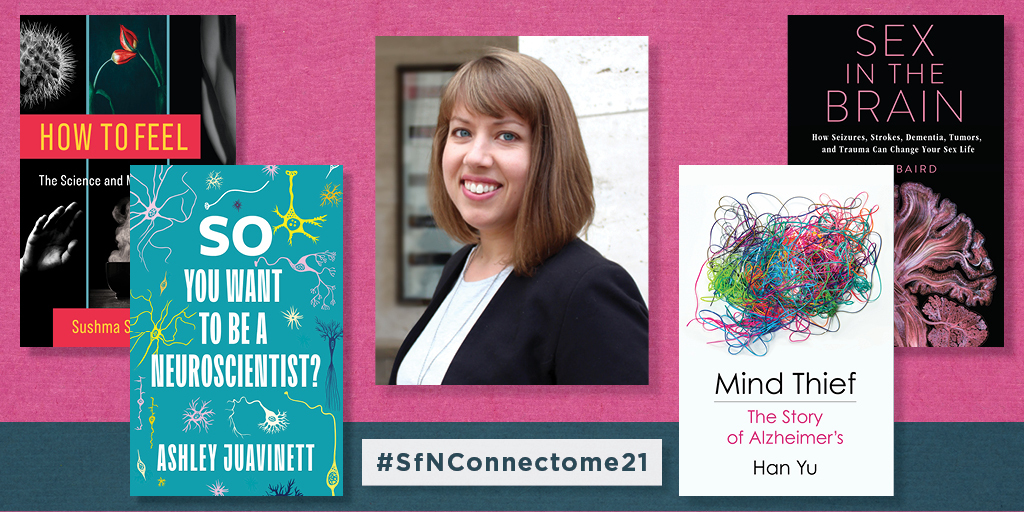
Welcome to the Columbia University Press virtual booth at the first ever Society for Neuroscience Global Connectome! I’m Miranda Martin, the press’s science editor. We may have met at last year’s SfN annual meeting, which was my first. If not, I hope to have the opportunity to meet you in person in the future. This year, I’m remotely staffing our booth on the SfN platform. Please stop by and say hi on the video chat (registered attendees only)!
I’d like to highlight a few of our new and noteworthy titles.
If you’re new to the field, or an adviser or mentor to someone who is, I highly recommend Ashley Juavinett’s So You Want to Be a Neuroscientist? It’s an ideal book for undergrads and graduate students considering or already working toward becoming neuroscientists. Juavinett offers a clear-eyed view on current educational and career paths, daily life as a scientist, and more valuable lessons for aspiring brain researchers.
Most of us have been living socially distanced from our loved ones for the past ten months or so, unable to hug or be in close proximity to friends and family members outside our own households because of public health risks. So our sense of touch may be even more starved now than it already was. Science journalist Sushma Subramanian was investigating the sense of touch and its role in our lives and cultures before we were forced into social distancing. She offers poignant stories and lessons in her book How to Feel: The Science and Meaning of Touch.
For researchers who study Alzheimer’s disease and for anyone interested in or affected by it, Mind Thief by Han Yu is a must-read. Yu tells the big-picture story of the well-known disease, beginning with its initial discovery and the first patients, all the way through to current research and drug discovery. It’s a deeply researched, sensitive, and gripping read for specialists and general readers alike.
Finally, in Sex in the Brain, clinical neuropsychiatrist Aimee Baird takes on a taboo topic: how damage to specific areas of the brain—like seizures, strokes, dementia, tumors, and physical trauma—can change patients’ sex lives and sexual behavior.
Save 20 percent on our conference titles on display when you use coupon code SFN at checkout form our website by March 1, 2021

